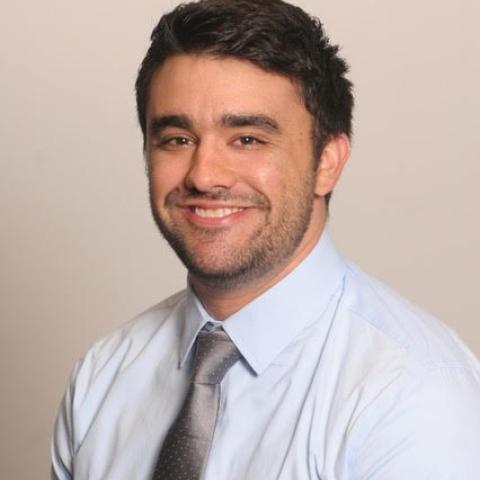“Quality health communication is crucial to success in healthcare encounters. It can affect policy, save time and money in an already unwieldy healthcare system, and provide a critical source of confidence and coping ability among patients, healthcare providers and family caregivers,” said Health Communication Associate Professor Nick Iannarino, who is the certificate’s faculty adviser.
The 16-credit program, which begins this fall, focuses on helping people become better producers and consumers of messages about health and wellness. Students in the program can choose from a wide variety of courses that include risk and crisis communication, psychology of aging, medical ethics, community organizing for health, environmental filmmaking, and more.
The certificate can be added to any student’s major. Iannarino said the appeal goes beyond the obvious medical career — it will prepare people who want to work in marketing, public relations, journalism, public health or public policy. “With a society that continues to become older and more diverse, our healthcare needs and the job market in health-related fields will continue to grow.”
Additionally, he said the Medical College Admissions Test (MCAT) was recently updated to have a larger focus on social sciences — like self identity and social economic impacts — because of the roles those play in health outcomes. “This certificate provides students with a range of psychosocial health courses, which can help better prepare UM-Dearborn graduates for post-graduate medical programs.”
Guest students who are not enrolled in a UM-Dearborn program can also earn the certificate if they have a bachelor’s degree from an accredited institution.
Iannarino said that the past 15 years has brought forth necessary conversations about health in the United States — like healthcare reform, climate change, racial/socioeconomic inequality, the proliferation of social media, healthcare technology, an aging society and beyond. But no event has demonstrated the need for effective health communication quite like COVID-19.
“From a health communication perspective, COVID-19 and the information surrounding it showed us the importance of good communication and the dangers of ineffective communication across all areas — interpersonal, organizational, community, intercultural and mass/social media,” he said. “Effective communication surrounding health can provide benefits at individual, family and community levels. Better communication creates trusting, strong relationships, and that leads to better health outcomes. That’s why we want to get this certificate in front of as many people as possible.”
Interested in more information regarding the Health Communication Certificate? Reach out to Professor Iannarino.
In addition to Iannarino, Interim Chair of the Department of Health and Human Services Lisa Martin was involved in creating the certificate.
Article by Sarah Tuxbury.






